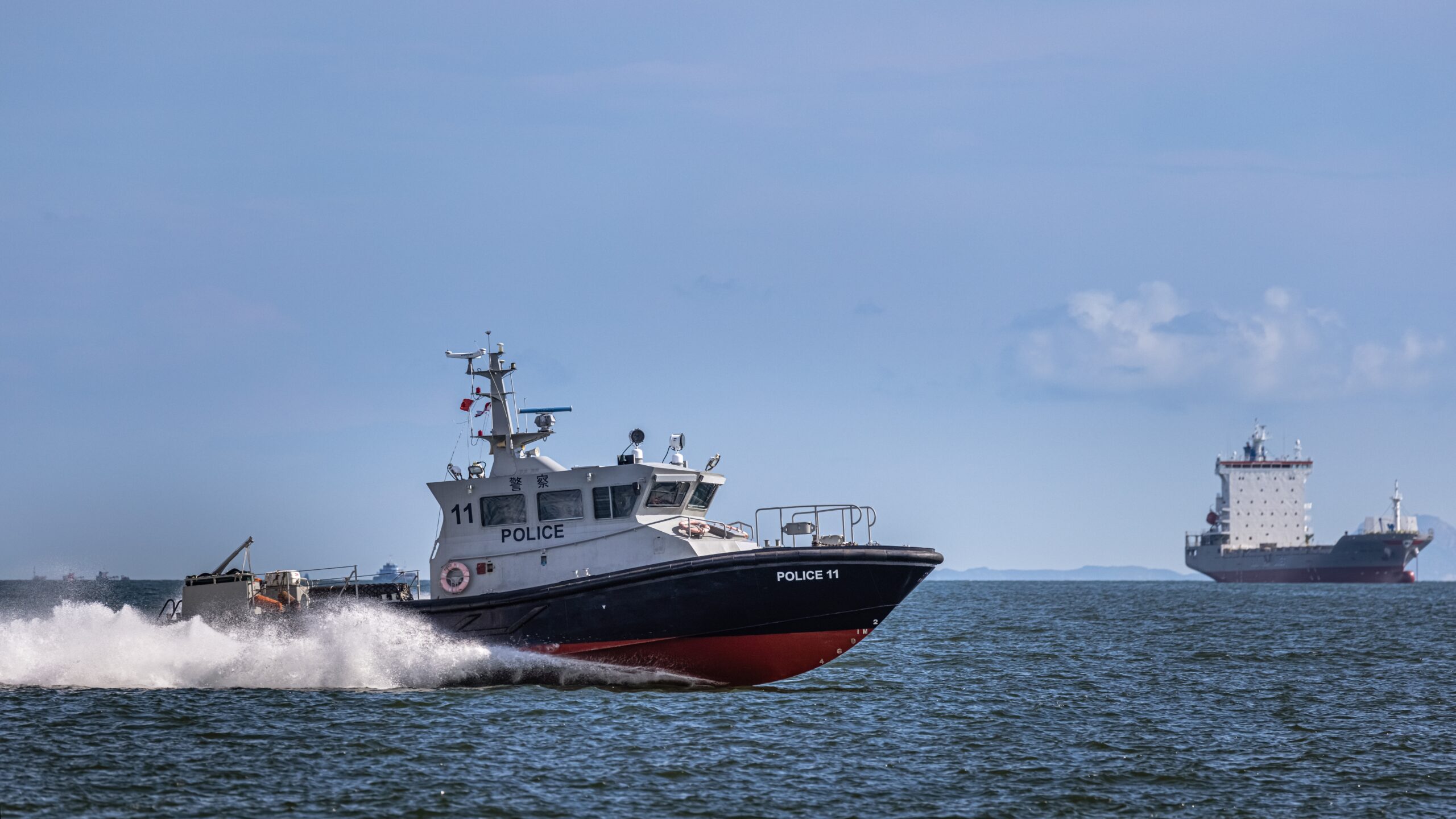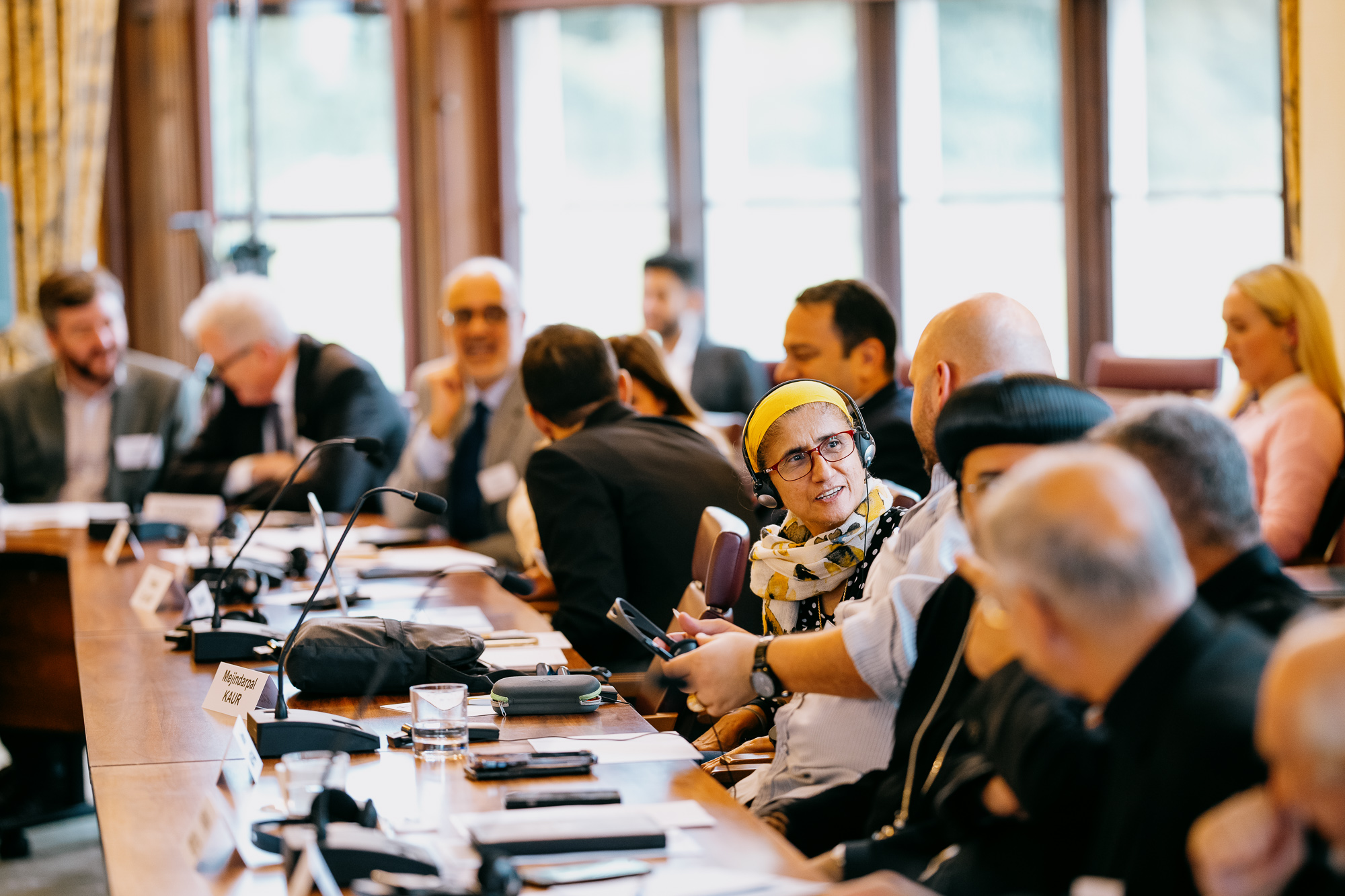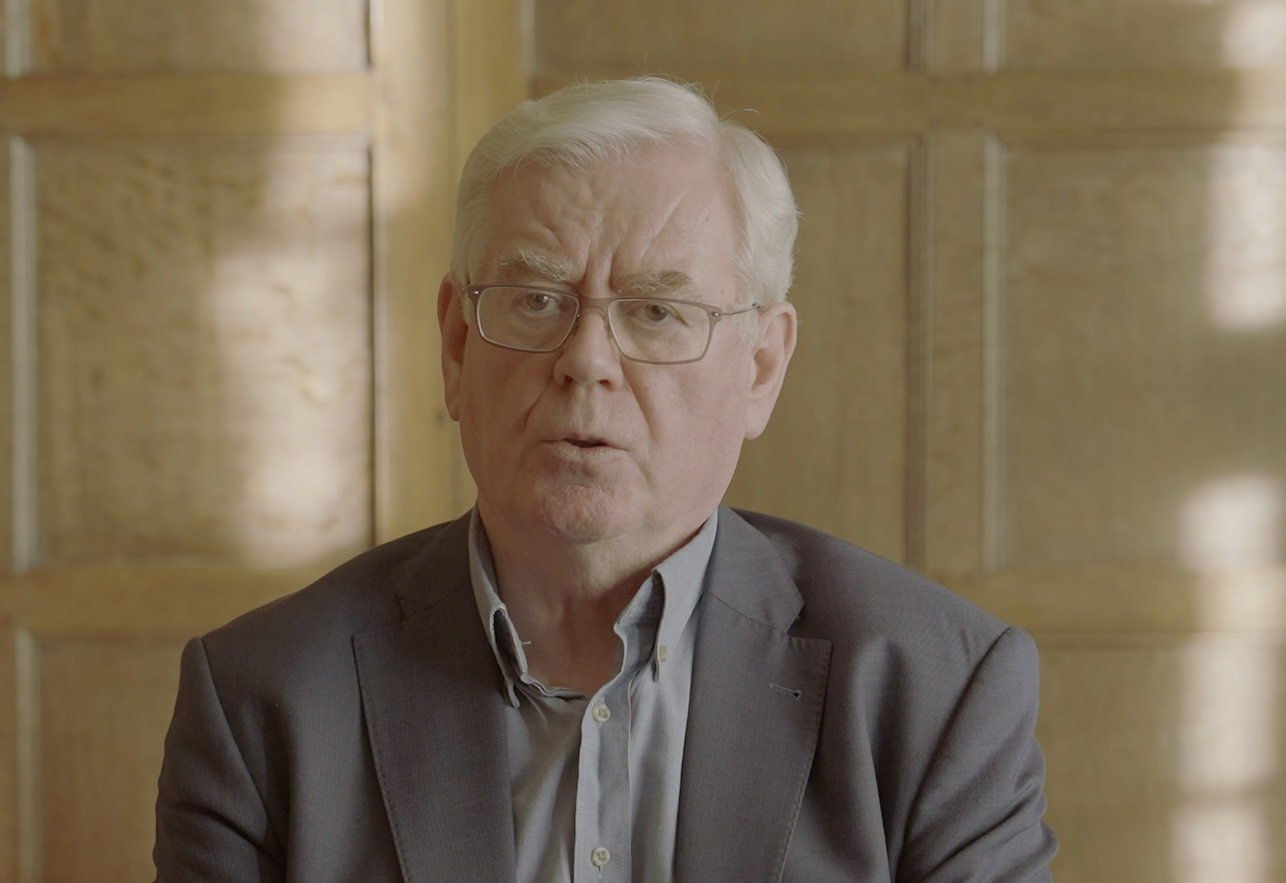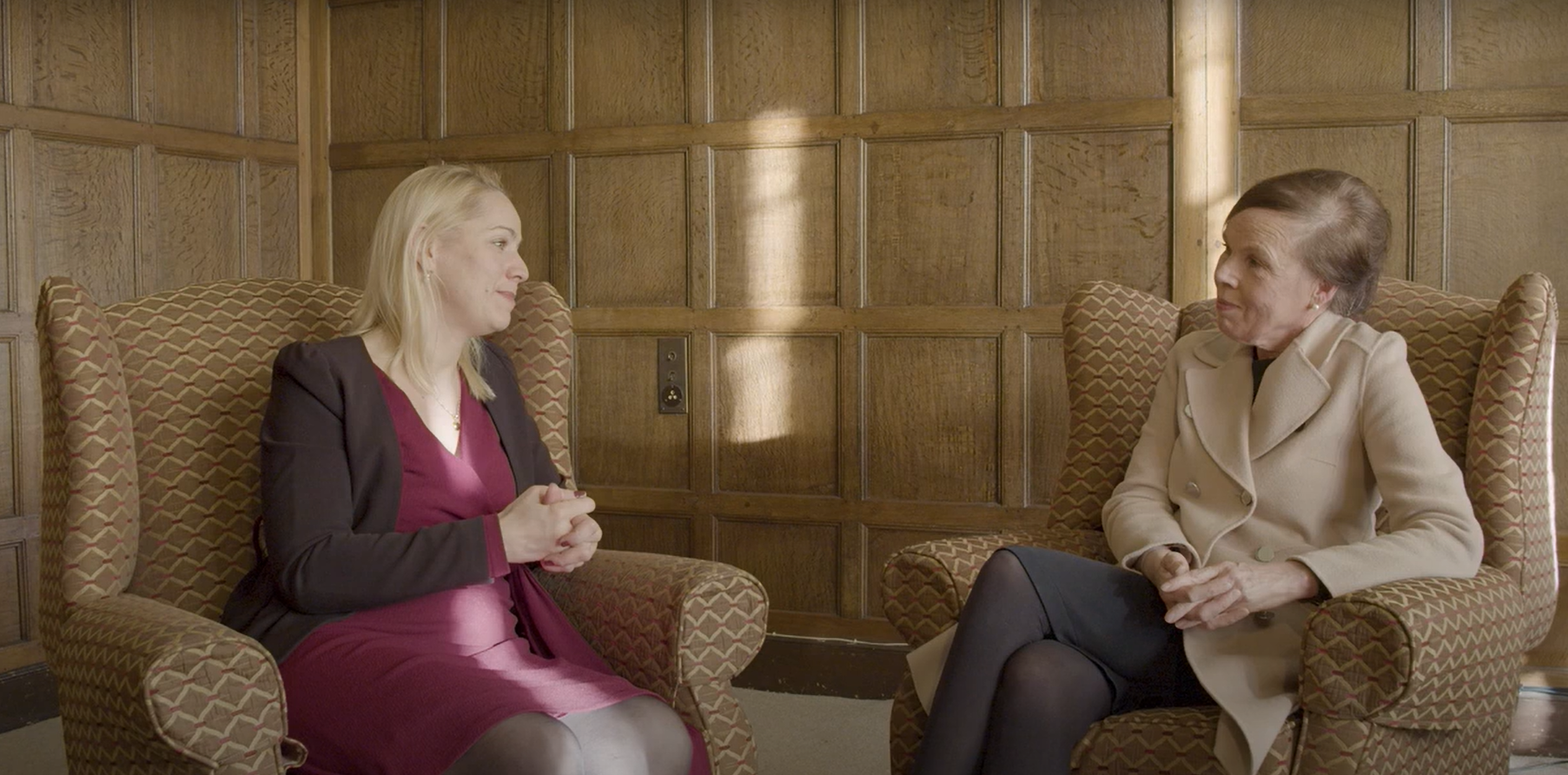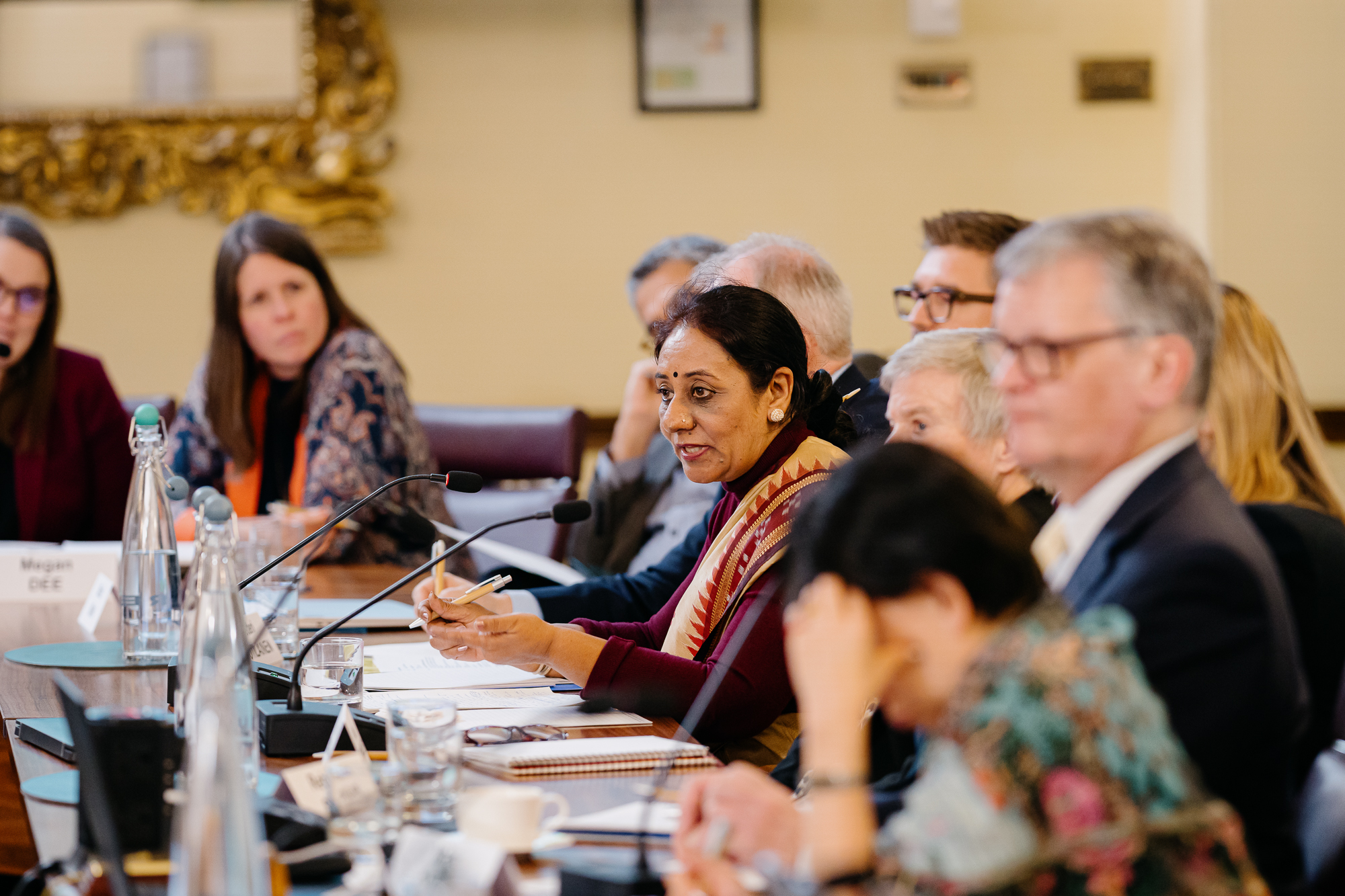The United Nations Convention of the Law of the Sea (UNCLOS) addressed a broad range of issues concerning the sea and activities at sea. It is often described as the “constitution of the oceans”. The Convention has come into renewed focus as this year marks its 40th Anniversary. Yet the Convention does not address all issues which are of contemporary relevance and inevitably reflects the preoccupations of the international community at the time of its adoption in 1982. One such area in which the UNLCOS falls short concerns the protection of human rights at sea. This is a subject which is receiving increased scrutiny since, whilst there is an emerging acceptance that human rights obligations are applicable at sea, there is also a growing awareness that the basic approaches to ocean governance reflected in the UNCLOS – based on a combination of functional zones of jurisdiction and flag state jurisdiction, overlaid by the general principles of the freedoms of the seas – makes this difficult to achieve. The basis assumptions of the exercise of jurisdiction at sea and the basis assumptions which underpin contemporary approaches to human rights protection are very different, and very difficult to reconcile from a practical perspective. The overarching aim of this Conference is to explore and articulate these difficulties and to reflect on how they might best be addressed.
This has been a key issue raised throughout the hearings in the recent House of Lords International Relations and Defence Select Committee Inquiry, examining whether UNCLOS remains fit for purpose today. It is true that some provisions of UNCLOS can be seen as reflecting human rights concerns, such as those relating to labour conditions for seafarers, and which are further developed by the International Labour Organisation and the International Maritime Organisation. The International Tribunal on the Law of the Sea (ITLOS) has also emphasised in its jurisprudence the need to interpret and apply UNCLOS in a way that protects the human rights of persons at sea. However, the Convention does not directly address the role of human rights law at sea in a systemic manner and, without further development and clarification of this relationship, the practical barriers to their effective application will remain. These issues are presented in the recently published Report of the House of Lords International Relations and Defence Select Committee (IRDC) Inquiry. Among other Conclusions and Recommendations, the Report implored that “Piecemeal solutions will not be sufficient” and calls on the Government to “work with likeminded partners to advance a unified approach to human rights at sea. This will need to draw together practical solutions to challenges including mass migration, forced labour, physical and sexual crimes, and crimes committed by privately contracted armed security personnel, and must lead to the creation of new mechanisms to address the issue.” (Paragraph 232).
The Wilton Park conference will reflect on the recommendations of the IRDC’s Inquiry Report to develop an understanding of how human rights obligations can be projected into the maritime domain in ways which respect both the essential structures of ocean governance and also offer meaningful rights-protection to individuals at sea. The challenges to upholding the human rights of those at sea are wide-ranging and include issues of jurisdiction over the human rights abuse and the individuals involved, the enforcement of, and compliance with, human rights law, the absence of effective mechanisms for monitoring human rights at sea, and the difficulties faced by victims in the pursuit of justice. Each of these pose practical difficulties. The conference will focus on identifying the practical barriers which currently exist and how these might be overcome. It will explore the possibility of developing responses within the Convention’s framework, as well as whether additional forms of responses are also required.
The meeting is being developed in partnership with Professor Sir Malcom Evans KGMG, Professor of Public and International Law at the University of Bristol.
Project Manager: Sarah-Jane Holtam
- Telephone: +44 (0) 1903 817726
- Fax: +44 (0) 1903 816373
- Email: sarah-jane.holtam@wiltonpark.org.uk
